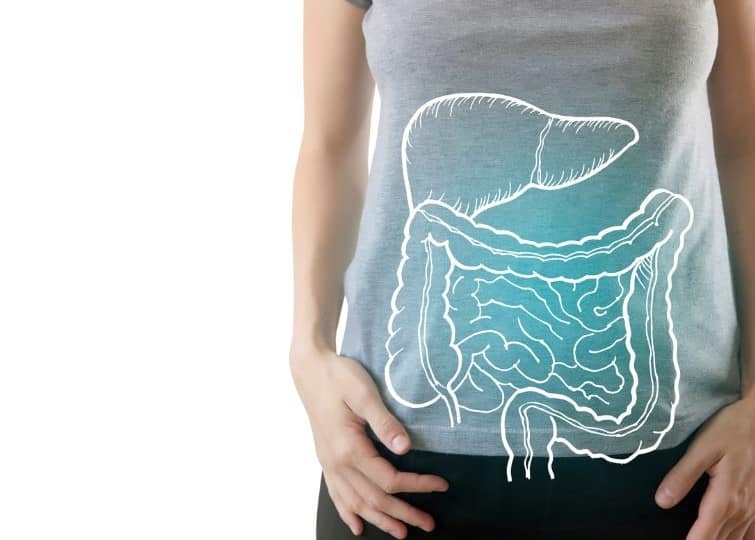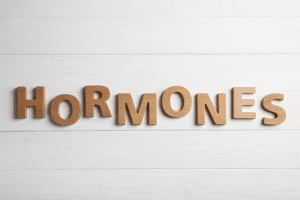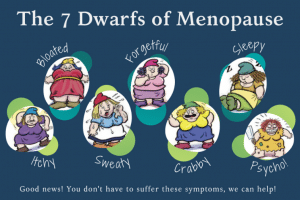Your liver is an important organ. Not only is it responsible for metabolizing estrogen, it tackles 200 additional functions from cholesterol production to storing minerals, fat soluble vitamins, and glycogen, and so much more. This is a big job! So big that approximately 50 oz (1.4 liters) of blood filters through your liver every minute… and your liver needs certain co-factors (vitamins and minerals) and enzymes to detoxify and filter effectively. If you have insufficiencies of various liver supports, you may not be able to properly metabolize estrogen (or other hormones, toxins, medications, etc.).
Why Is Poor Metabolization of Estrogen a Problem?
Estrogen is a hormone that can sometimes get a bad rap, especially in the context of estrogen dominance. But we need estrogen; it is very important for bone health and mood regulation. It is responsible for development and fertility in women. Estrogen can decrease blood pressure, be a powerful anti-inflammatory, improve memory and cognitive function, and it plays a crucial role in neurotransmitter production for good mental health.
However, excess estrogen in the system can cause detrimental processes as well. Bodies require a delicate balance, and the liver is an important organ in maintaining a proper equilibrium.
The liver accomplishes this by performing detoxification via two major pathways: Phase One (oxidation) and Phase Two (conjugation). After Phase One and Two are complete, there are multiple other pathways metabolites continue down on their way to being excreted from the body. Estrogens become methylated in the liver on their journey to being eliminated via urine or the bowel.
Once the liver processes estrogen for elimination, it is up to your gastrointestinal system to move it out. If you are experiencing disruptions in your GI microbiome or constipation, there is a good chance the estrogen isn’t making its way out, but instead, returning into circulation in the body. This disrupts the balance of estrogen to another important hormone, progesterone, and causes it to become dominant in quantity. This is problematic as too much circulating estrogen can cause symptoms, cycle dysregulation, and fertility issues.
Symptoms of Estrogen Dominance
- Irregular menstrual periods
- Fertility issues
- Bloating
- Breast swelling and tenderness
- Fatigue, insomnia
- Weight gain/inability to lose weight
- Brain fog, memory loss
- Headaches
- Mood swings
- Thyroid dysfunction
- Uterine fibroids/ovarian cysts
Identifying the underlying cause of estrogen dominance and supporting detoxification and digestive issues is crucial in creating optimal hormonal health. Our team of functional medicine practitioners are here to help! To schedule an appointment, call 952-949-0676.





